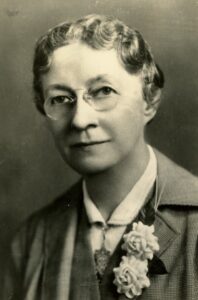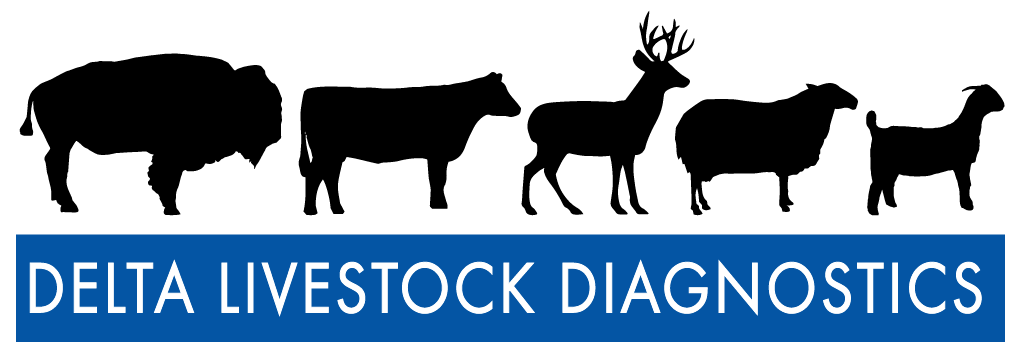In the bustling aisles of today’s supermarkets, where fresh produce and chilled meats line the refrigerated and frozen food sections, it’s easy to take for granted the intricate processes that keep our food safe and fresh. Yet, behind the scenes, there’s a remarkable story of innovation and dedication spearheaded by the pioneering work of Dr. Mary Engle Pennington.

As the United States transitioned into urban living and reliance on centralized food distribution in the early 20th century, concerns about food safety grew. The passing of the 1906 Pure Food and Drug Act aimed to address these concerns, laying the groundwork for securing the nation’s food supply. Dr. Pennington emerged as a trailblazer in implementing the Act, focusing on the handling, transporting, and storing of perishable goods.
Despite facing obstacles due to gender, Pennington pursued her passion for science. Denied a bachelor’s degree in 1892, she persevered, earning a certificate of proficiency in chemistry and a Ph.D. from the University of Pennsylvania in 1895. Her journey led her to found the Philadelphia Clinical Laboratory and later join the U.S. Department of Agriculture, where she became Chief of the Food Research Lab in 1908.
Dr. Pennington’s expertise extended across various perishable foods, from milk to poultry, eggs, and fish. She conducted bacteriological analyses, developed standards for dairy products, and traveled the nation to assess refrigeration methods’ efficiency. Her contributions didn’t stop there. Pennington played a pivotal role in designing modern refrigerated warehouses and even commercial and home refrigerators, shaping the landscape of food storage for generations to come.
Pennington has received numerous accolades throughout her career for her unparalleled expertise. In 1923, the American Society of Heating, Refrigeration, and Air-conditioning Engineers (ASHRAE) hailed her as the foremost authority on home refrigeration. The New Yorker profiled her as the “Ice Woman” in 1941 and became the first woman elected to the Poultry Historical Society Hall of Fame in 1959.
Pennington’s impact extended beyond her professional roles. In 1923, she founded the Household Refrigeration Bureau to educate consumers on safe refrigeration practices, a critical initiative in an era when home refrigeration was still in its infancy. With the support of organizations like the National Association of Ice Industries, she published educational materials to promote food safety in households across America.
As we navigate the aisles of our supermarkets, let’s pause to appreciate the legacy of Dr. Mary Engle Pennington, whose tireless efforts paved the way for the safe storage of perishable foods. From dairy farms to kitchen tables, her influence endures, ensuring that our food supply’s bounty remains abundant and safe for all.

